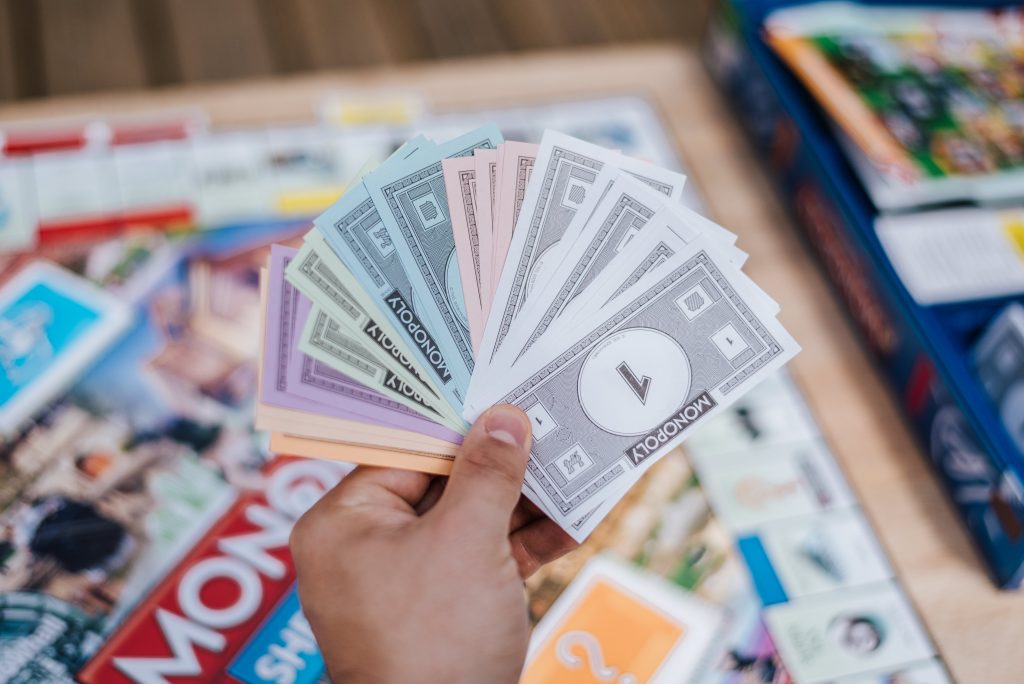“Money is not for children.” That’s the statement I grew up listening to more than a thousand times. I would be spanked for having it, regardless of whether I worked for it or not. Having money was a capital crime. My folks thought that by letting me handle money, I would become rude and eventually quit school. I thus grew up with a skewed perspective of money. I hated it and everyone that had it. I actually thought for a very long time that it was a bad thing. It is this bad experience that made me want to change things with my kids because I have seen the impact it has had on me. For instance, I don’t save, or rather I’m not intentional about it. I don’t value money because I haven’t grown-up seeing things it has done for me on a personal level. I also tend to hold on to money a lot when I have it instead of letting it circulate.
READ ALSO: PLANNING YOUR FAMILY FINANCES TOGETHER- MONEY TALK
If you are like me, then you need to start doing things differently starting with your kids and this is how:
Start early
The notion that a kid is too young to handle money is backward and retrogressive. From age 0 to 7 a kid’s ability to absorb information is so high! Make use of this time. Start introducing them to concepts of money. I remember I started with my boys when they were around two years. Whenever they wanted something I would explain how the process works. Sometimes they understood, many times they didn’t, but it eventually worked. They picked up money as one of their vocabulary and that was enough. Don’t let your bad experiences with money growing up influence how you treat it when it comes to your kids. Give them the freedom to touch it, feel it and even play with it. Don’t create a perception that money is this very important things that cannot even be touched.
Buy them a piggy bank

This is the easiest way to explain the concept of banking and savings to your children. Buy them a small box, start giving them a few coins and then direct them to put it in the box. Explain to them why they are putting the coins in the box. After a while let them remove a few coins and buy whatever it is they have been asking from you. In a subtle way, they get that they can put money somewhere – “saving” which they can later use to buy something that they want. This will develop slowly by slowly and before you know it they will start exhibiting entrepreneurial skills. Disclaimer though, don’t go breaking your kid’s piggy bank and using the money. The money might be technically yours but it’s not. Respect your child’s space. You don’t want them giving up with the idea that if you save, someone will come and take it all. You must let them understand that you are borrowing, and that you will pay back. Just ensure you do.
Give them an allowance.
If you are like me, again you probably grew up with parents who would say just because you eat in their house, an allowance is a pipe dream. You are paid by eating. This is a misguided concept. Feeding your child is your prime responsibility. Your child should not feel indebted by eating in your house. That said, start rewarding your kids by giving them small allowances. This will encourage their saving culture which you had already set up by buying them a piggy bank, two, it will teach them that hard work pays. This way you kill two birds with one stone. To make things even more interesting, you can start teaching them negotiation skills by letting them negotiate their pay/ allowance. Let the allowance be a reward. Doing this also helps you observe your kids and understand each child’s personality.
Give them money to keep for you.
Back in campus I had this friend whose dad once gave him a million bob to keep for him. I was stunned. Never in my life had I seen that much money. What shocked me even more was the level of trust his dad had on him. It was so admirable. By just observing him, you could see it wasn’t his first time. He was comfortable and very normal. We’ve seen many grown-ups behaving very abnormally with just ten thousand in their pockets. They constantly check to see if it’s still there. Giving your child money, makes them feel valued and trusted. They learn that they are more important than the money. Unfortunately many parents make their kids feel the contrary. There are even parents who’ve beaten their kids for losing money. Don’t be that parent. Give your child the freedom and watch his responsibility.
Play with them games like monopoly
There are many games that teach kids the concept of money, savings and investments. Monopoly is my favorite. In this game players roll two six-sided dice to move around the game board, buying and trading properties, and developing them with houses and hotels. Players collect rent from their opponents, with the goal being to drive them into bankruptcy. Money can also be gained or lost through Chance, Community Chest cards, and tax squares; players can end up in jail, from which they cannot move until they have met one of several conditions. The game has numerous house rules, and hundreds of different editions exist, as well as many spin-offs. Playing it with your kids will help them learn and experience these life skills on a very real and relatable circumstances.
In a world where money has acquired all sorts of definitions, it is important to give it the definition you want to your kids. Let them learn that money is a good thing that if handled well, can help them and people around them. It is also a factor of production that they can use to multiply wealth and create opportunities for many others.











[…] YOU WILL ALSO LIKE: HOW TO TEACH YOUR KIDS ABOUT MONEY […]